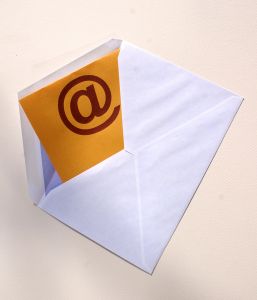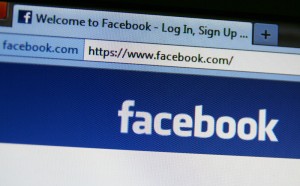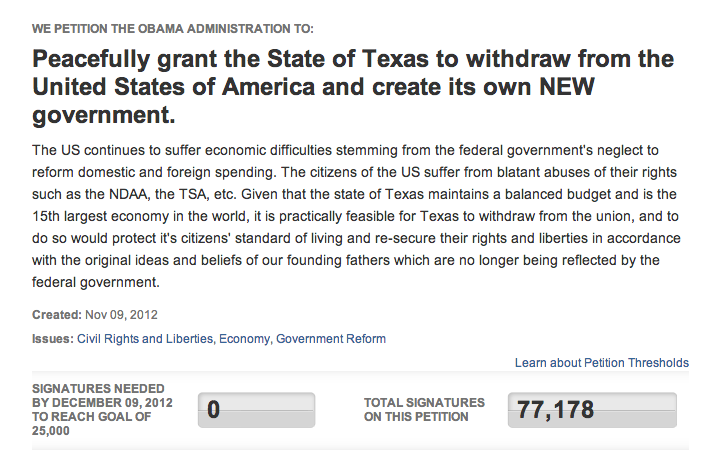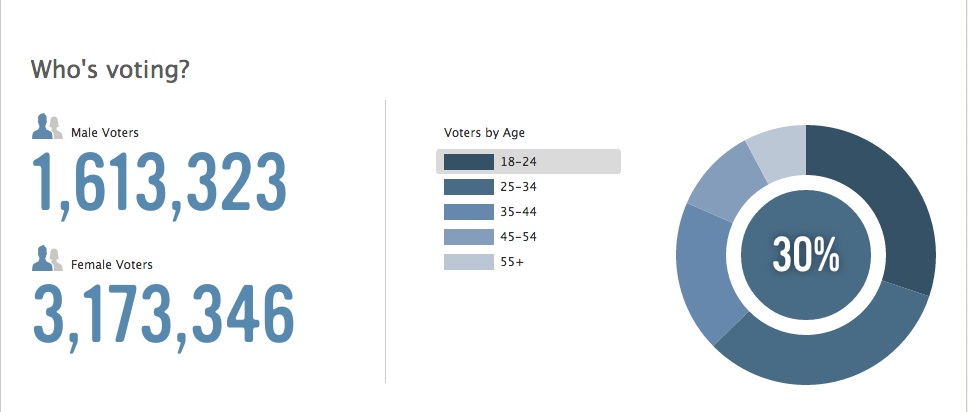 On Friday, a California company called Innovative Automation LLC filed a lawsuit against Apple Inc. Filed in the U.S. District Court for the Eastern District of Texas, the complaint alleges that Apple’s iCloud product infringes on a patent owned by Innovative Automation.
On Friday, a California company called Innovative Automation LLC filed a lawsuit against Apple Inc. Filed in the U.S. District Court for the Eastern District of Texas, the complaint alleges that Apple’s iCloud product infringes on a patent owned by Innovative Automation.
The first patent at issue, U.S. Patent No. 7,174,362, is entitled “Method and System for Supplying Products from Pre-Stored Digital Data in Response to Demands Transmitted via Computer Network” and was issued in 2007. Innovative Automation claims that Apple’s iCloud product and service infringes on this patent in the way that it duplicates digital data.
The complaint also alleges that iCloud infringes on a second patent owned by the plaintiff—U.S. Patent No. 7,392,283, entitled “Method and System for Supplying Products from Pre-Stored Digital Data in Response to Demands Transmitted Via Computer Network” and issued in 2008. According to the complaint, Apple’s iCloud product and service infringes on this patent for the same reason as its other patent.
According to a business search through the California Secretary of State, the company Innovative Automation was created in 2011 and is based in San Jose, the heart of Silicon Valley. Its registered agent is Sungil Lee, who is CEO of an education software company called Innovative Knowledge, Inc. Lee is also named as the inventor of both patents at issue in this case.
As the blog Patently Apple points out, “this plaintiff has filed a similar lawsuit against Amazon within the last 24 hours claiming that their Kindle and distribution service “Cloud Player” violates the very same patents used against Apple.”


 Yesterday, Google was named in a
Yesterday, Google was named in a 

 Yesterday, on November 12, 2012, Texas company NovelPoint Tracking LLC filed a lawsuit against Apple Inc. for patent infringement. Brought in the U.S. District Court for the Eastern District of Texas, the suit alleges that certain Apple products, and specifically the iPhone 4S, infringe on a patent owned by the plaintiff.
Yesterday, on November 12, 2012, Texas company NovelPoint Tracking LLC filed a lawsuit against Apple Inc. for patent infringement. Brought in the U.S. District Court for the Eastern District of Texas, the suit alleges that certain Apple products, and specifically the iPhone 4S, infringe on a patent owned by the plaintiff.
 This past weekend, I attended the
This past weekend, I attended the  Last week, on October 26, Kickflip, Inc. (doing business as, and hereinafter referred to as, Gambit)
Last week, on October 26, Kickflip, Inc. (doing business as, and hereinafter referred to as, Gambit)  Last Friday, Intercarrier Communications LLC (“ICC”), a Texas limited liability company, filed
Last Friday, Intercarrier Communications LLC (“ICC”), a Texas limited liability company, filed  On Monday, in the shadow of then-Hurricane (now-Superstorm) Sandy, the U.S. Supreme Court heard oral arguments in Kirtsaeng v. John Wiley & Sons, Inc., a case involving the applicability of U.S. copyright law to copies of works created and legally acquired abroad and subsequently imported into the United States.
On Monday, in the shadow of then-Hurricane (now-Superstorm) Sandy, the U.S. Supreme Court heard oral arguments in Kirtsaeng v. John Wiley & Sons, Inc., a case involving the applicability of U.S. copyright law to copies of works created and legally acquired abroad and subsequently imported into the United States.